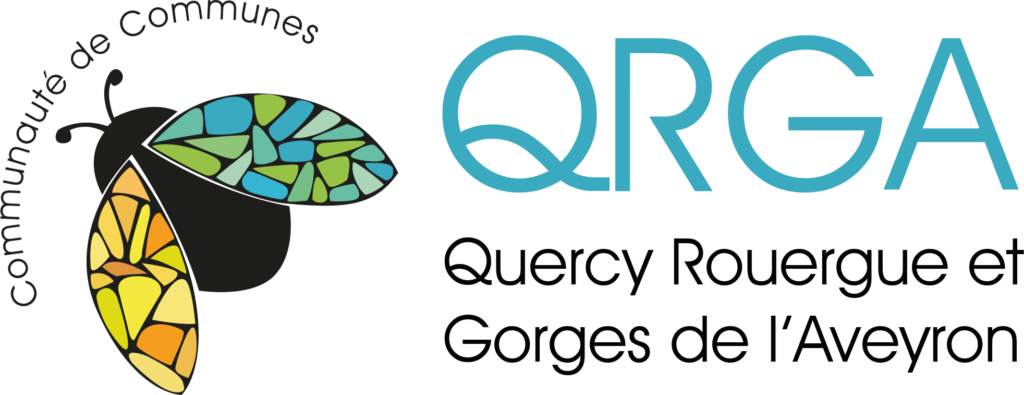Town planning is divided into three main areas of responsibility, which are exercised by different institutions.
Planning
La planification territoriale traduit une vision politique dans un projet de territoire, à moyen ou long terme. Son objectif principal : apporter une réponse stratégique aux besoins des habitants et des acteurs économiques tout en préservant le cadre de vie et l’environnement.
La planification territoriale décline localement les grandes orientations nationales en matière d’aménagement du territoire. Elle s’appuie pour cela sur un cadre réglementaire précis (lois SRU, ALUR, ELAN, Climat et Résilience…) et des documents de planification tels que le Schéma Régional d’Aménagement, de Développement durable et d’Egalité des Territoires (SRADDET) à l’échelle régionale, les Schémas de Cohérence Territoriale (SCoT) à l’échelle du bassin de vie et d’emploi et les Plan Locaux d’Urbanisme Intercommunaux (PLUi) à l’échelle de l’intercommunalité .
Ces documents d’urbanisme intègrent les enjeux du développement durable et traitent de thématiques telles que l’habitat, les mobilités, l’énergie, l’emploi, l’offre de services, la mixité sociale, la protection de la ressource en eau, de la biodiversité, de la qualité de l’air…
Le principal document de planification en QRGA est le Plan Local d’Urbanisme Intercommunal (PLUi) que vous pouvez retrouver ici.
Application of soil rights
L’application du droit des sols est l’étude de la recevabilité des demandes de certificats et d’autorisations d’urbanisme au regard de la réglementation établie par les documents de planification, qui motive la décision de l’autorité compétente. En QRGA, cette compétence est exercée par les 17 communes et les décisions d’urbanisme sont prises par le/la Maire au nom de la commune. Ces décisions concernent notamment les actes suivants :
- town planning certificate
- prior declaration
- planning permission
– permis de démolir
- planning permission
– (…)
La mairie constitue le guichet unique de l’urbanisme pour le dépôt et le suivi de vos demandes d’urbanisme. C’est donc à elle que vos devez vous adresser en priorité pour tout projet de travaux ou de construction.
The communes of the CCQRGA (with the exception of Parisot) have chosen to pool the exercise of this competence within a unified technical service, Centre Instructeur Nord, localisé à Caussade. Après la mairie, cette structure peut vous apporter informations et conseils pour faciliter le traitement administratif de votre dossier de demande d’urbanisme.
The layout
L’aménagement (aussi appelé aménagement urbain ou urbanisme opérationnel) désigne les actions visant à améliorer la qualité de vie des habitants, à développer l’économie locale et à préserver l’environnement. Elle prennent la forme d’études de terrain et de programmes de travaux et incluent la création de nouvelles infrastructures, la rénovation de bâtiments existants, l’optimisation des espaces publics… Elles répondent ainsi aux besoins des habitants et rendent les lieux plus attractifs pour les nouveaux résidents et les activités économiques.
Development is an area that is shared between a number of institutional players, depending on their areas of responsibility. For example, the departmental council is responsible for developing departmental roads, while the municipalities are responsible for developing the public spaces crossed by these same roads.
En QRGA, l’aménagement au sens courant du terme (équipements, voiries et espaces publics) est exercé par les communes. La CCQRGA ne réalise des travaux que de manière ciblée dans le cadre des actions menées par ses différents services (exemple: aménagement du site de la grotte du Bosc via la compétence tourisme).
